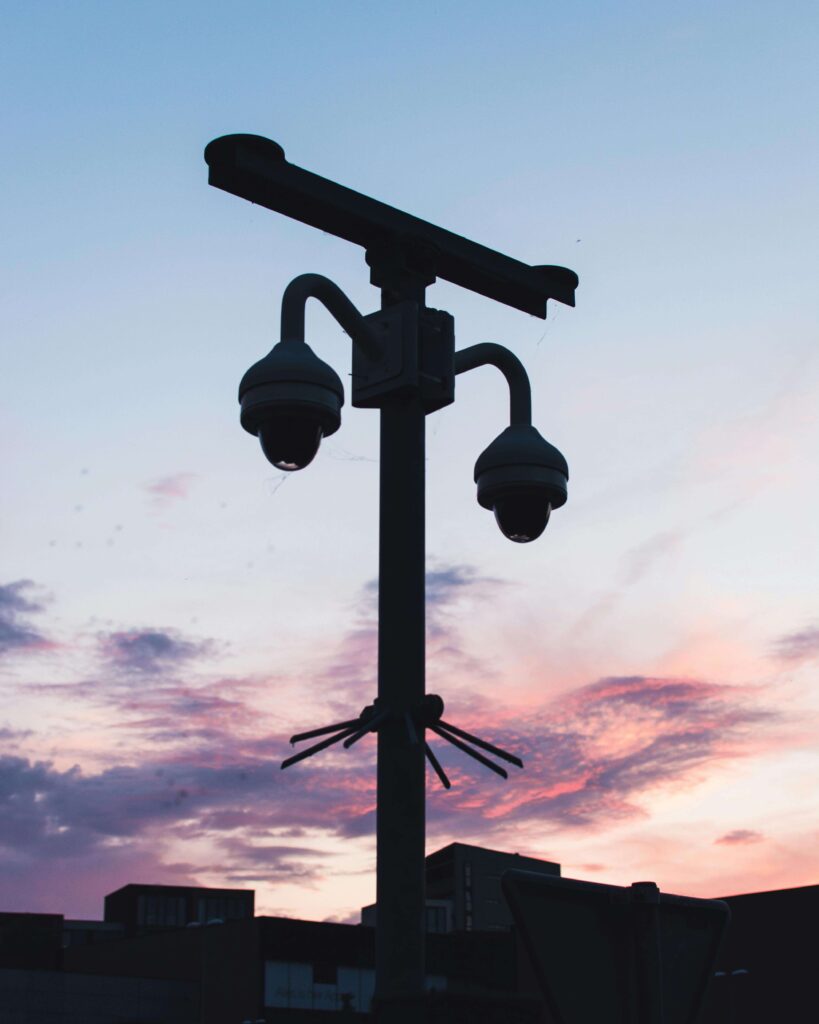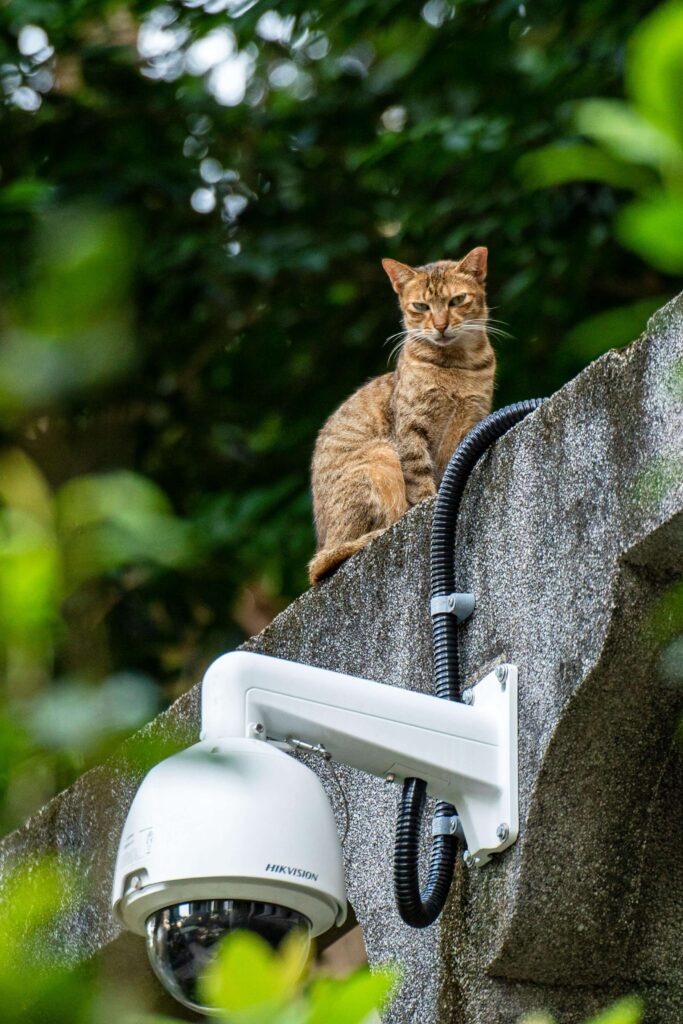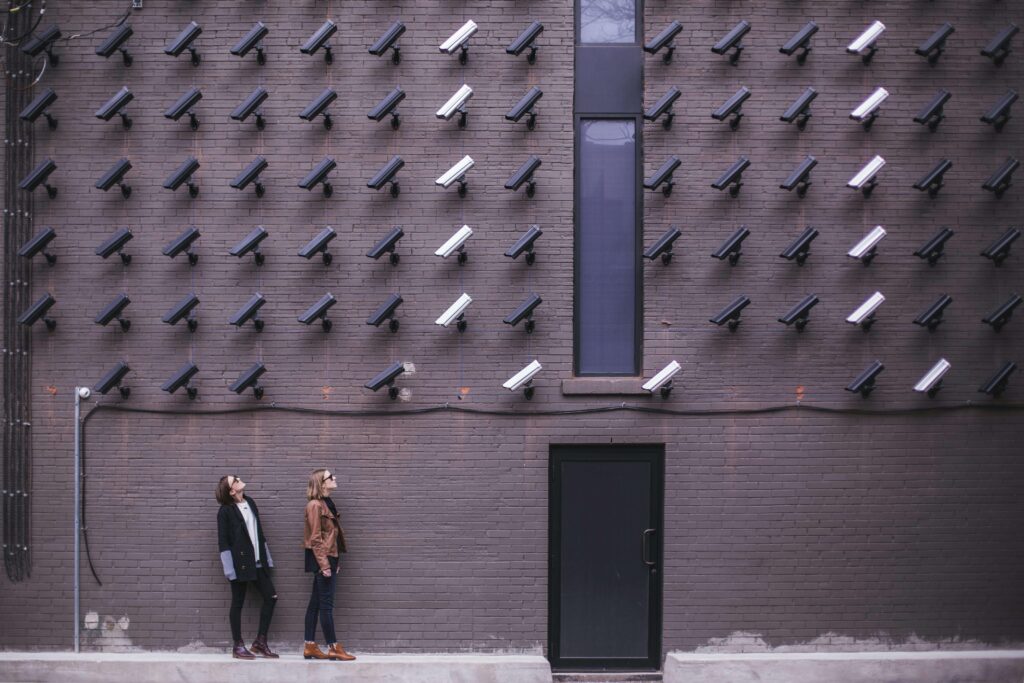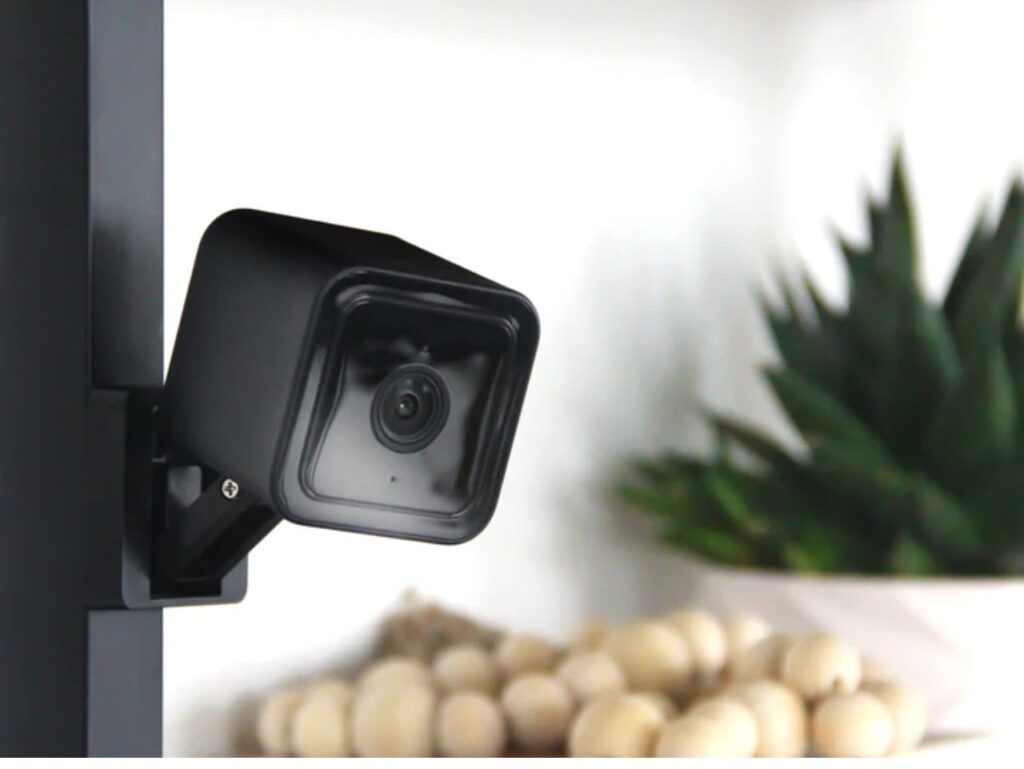In today’s world, ensuring the security of your business premises is more crucial than ever. Security cameras play a vital role in deterring theft, monitoring employee activity, and enhancing overall safety. However, with the myriad of security camera options available, choosing the right one for your business can be daunting. This guide will help you navigate the process of selecting the perfect security camera tailored to your business needs.
Assess Your Security Needs
Evaluate Your Business Premises
Start by thoroughly evaluating your business premises. Consider the size and layout of your property. Identify high-risk areas such as entrances, exits, cash registers, and storage rooms. Determine if you need surveillance both indoors and outdoors. Outdoor cameras should be weatherproof and vandal-resistant, while indoor cameras can be more discreet and focused on monitoring specific areas.
Identify Security Goals
Clarify your security goals. Are you primarily focused on preventing theft, monitoring employees, ensuring customer safety, or deterring vandalism? Understanding your specific needs will help you choose the right type of camera and features.
Types of Security Cameras
Indoor vs. Outdoor Cameras
Indoor cameras are designed for use within a building and often feature a more compact and less intrusive design. Outdoor cameras are built to withstand harsh weather conditions and are usually more robust and tamper-resistant.
Wired vs. Wireless Cameras

Wired cameras require a direct connection to a power source and a recording device, which can make installation more complex but often results in a more reliable system. Wireless cameras are easier to install and can be moved around more freely but may require frequent battery changes and could be subject to interference.
Camera Form Factors
Dome Cameras: Known for their discreet design and tamper resistance, making them ideal for indoor surveillance.
Bullet Cameras: Offer long-range visibility and are typically used outdoors.
PTZ (Pan-Tilt-Zoom) Cameras: Provide flexible coverage with the ability to pan, tilt, and zoom to cover wide areas.
Key Features to Consider
Video Quality

High-resolution cameras (HD, 4K) provide clearer images, making it easier to identify faces and details. Consider the frame rate as well, as higher frame rates result in smoother video.
Field of View
Wide-angle lenses cover more area, while narrow-angle lenses are better for focusing on specific points. Some cameras offer adjustable fields of view for more flexibility.
Night Vision
Cameras with infrared night vision can capture clear footage in low light conditions. Some advanced models offer color night vision for even better detail.
Motion Detection and Alerts
Motion detection features can save storage space by recording only when movement is detected. Look for cameras with customizable sensitivity settings and options for email or push notifications.
Storage Options
Decide between local storage (DVR/NVR) and cloud storage. Local storage provides immediate access to footage but may be vulnerable to theft or damage. Cloud storage offers remote access and automatic backups but may come with subscription fees.
Smart Features
Advanced cameras come with AI-based analytics, such as facial recognition and object detection, enhancing security capabilities. Integration with business management systems and remote access features can also be valuable.
Budget Considerations
Initial Costs vs. Long-term Costs
Consider the upfront costs of purchasing cameras and installation. Don’t forget to factor in long-term expenses, such as subscription fees for cloud storage and advanced features.
Total Cost of Ownership
Maintenance, repairs, and potential upgrades should be considered in your budget. Investing in high-quality equipment upfront can save money on repairs and replacements in the long run.
Legal and Privacy Considerations
Compliance with Local Laws
Ensure your surveillance practices comply with local laws and regulations. This may include restrictions on where cameras can be placed and how footage can be used.
Posting Notices
Inform employees and customers about surveillance with clear signage. Transparency helps build trust and ensures compliance with privacy laws.

Choosing a Trusted Brand and Supplier
Reputable Brands
Research and compare top security camera brands. Look for reviews and ratings from other business owners to gauge reliability and performance.
Supplier Services
Choose a supplier that offers excellent customer support, a solid warranty, and a reasonable return policy. Consider suppliers that provide professional installation and setup services to ensure your system is properly configured.
Choosing the right security camera for your business involves careful consideration of your specific needs, budget, and legal requirements. By assessing your premises, understanding the types of cameras and features available, and selecting a trusted brand and supplier, you can enhance the security of your business effectively.


